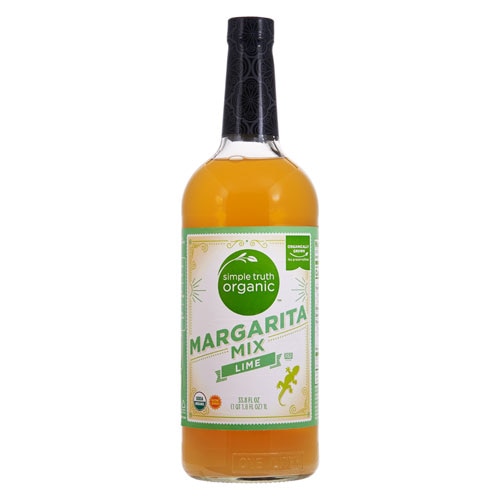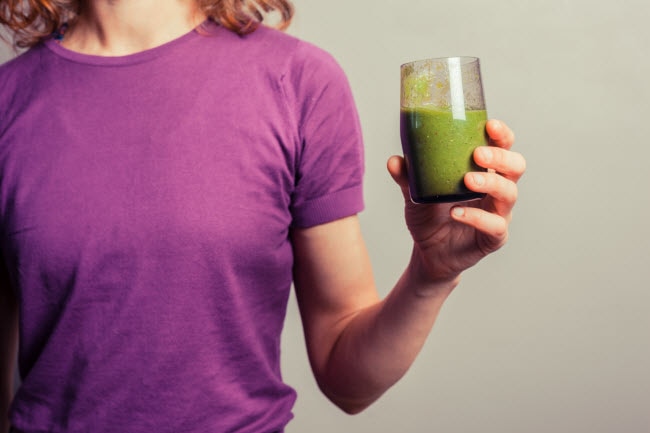By one estimate, Americans suffer more than 7.1 million hangovers per day. Over the course of a year, that adds up to about 2.6 billion hangovers. To be sure, that’s one statistic we don’t want to drink to.
To chase away hangovers, many of us turn to supposed “cures.” But while a bunch of products might claim to get rid of a hangover, the U.S. Food and Drug Administration (FDA) has not approved any hangover “cures.”
“Hangover cures are generally a myth,” according to the United Kingdom’s National Health Service. “There are no cures for a hangover, but there are things you can do to avoid one and, if you do have one, ease any discomfort.”
Dr. Lawrence Weinstein, chief medical officer at American Addiction Centers, says hangover “cures” have been around for centuries.
“It was once believed that lemon juice in the armpit would prevent a hangover,” Weinstein says. “However, little is known about the physiology underlying the hangover condition. For example, it is unclear whether hangover signs and symptoms are attributable to alcohol’s direct effects on the brain, body or both.”
In fact, Weinstein points out that researchers know very little about hangover prevention and treatment. According to Weinstein, some researchers and medical professionals even question whether an effective treatment for hangovers should be found, considering that hangovers — marked by headache, fatigue, thirst, nausea and other symptoms — might deter future drinking binges.
In the absence of a true cure, you can minimize the effects of a hangover. “Hangover remedies don’t necessarily guarantee the hangover will go away, but they may help,” says Ysabel Montemayor, a registered dietitian at Fresh n’ Lean, an organic ready-to-eat meal delivery service.
Here are six recommendations for downgrading the potentially keg-size impact of a hangover to more of a pint-size problem.
1. Stay hydrated.
“Alcohol increases urination, which can lead to a bit of dehydration after a night of drinking,” Montemayor says. “Making sure you’re drinking water throughout the night or the day after can help rehydrate your body and reduce hangover symptoms. This is why sports drinks are a popular option after a hangover, because they help replenish the electrolytes lost in urine.”
The National Health Service suggests replacing lost fluids by consuming bland, easy-to-digest liquids such as water, soda water or even bouillon soup, a vegetable-based broth that’s chock-full of vitamins and minerals.
2. Eat before, during and after drinking.
Putting food in your stomach can slow down the absorption of alcohol, which might decrease the severity of a hangover, Montemayor says.
In addition, eating food after a booze-fueled night on the town can bring your blood sugar levels back to normal, as drinking alcohol might cause blood sugar to drop, which can contribute to weakness and fatigue. Montemayor suggests eating foods loaded with carbohydrates, such as fruit and grains, to fight a hangover.
3. Ease up on the alcohol.
In a 2015 study about hangovers, Canadian and Dutch researchers came to a straightforward conclusion: The more you drink, the more likely you are to get a hangover. Most participants in the study who reported never having had a hangover tended to drink less than their hangover-plagued counterparts.
The researchers concluded that there’s no such thing as immunity to hangovers, and that drinking water or eating food can’t prevent a hangover. The only “practical way,” they say, to head off a hangover is to drink less alcohol (or none at all, of course).
In a study published in 2019, researchers at Germany’s Witten/Herdecke University and the United Kingdom’s University of Cambridge arrived at a similar stance as the Canadian and Dutch researchers.
This study evaluated a common belief about hangovers — that drinking beer before wine could lessen the severity. The order of drinking beer and wine, the researchers concluded, made no difference in terms of hangovers.
“The truth is that drinking too much of any alcoholic drink is likely to result in a hangover,” Jöran Köchling of Witten/Herdecke University, one of the authors of the study, says in a news release. “The only reliable way of predicting how miserable you’ll feel the next day is by how drunk you feel and whether you are sick. We should all pay attention to these red flags when drinking.”
4. Steer clear of darker-colored adult beverages.
Experiments have shown that clear liquors, such as vodka and gin, tend to cause hangovers less frequently than darker ones, such as whiskey, red wine and tequila, according to research cited by Harvard Medical School.
Why? Harvard Medical School explains that the main form of alcohol in adult beverages is ethanol, but darker liquors contain chemically related compounds, including methanol. The same enzymes process ethanol and methanol, but methanol metabolites (the substances that aid metabolism) are particularly toxic, so they might bring about a more wicked hangover.
5. Take a pain reliever.
Harvard Medical School says aspirin, ibuprofen and other over-the-counter drugs known as NSAIDs might relieve a hangover headache and overall achiness. However, the medical school warns hangover sufferers against taking acetaminophen (Tylenol). If alcohol remains in your system, the drug’s toxic effect on the liver might be elevated.
6. Sip coffee or tea.
Another tip from Harvard: Caffeinated coffee or tea might combat grogginess, as caffeine is a stimulant. However, since coffee is a diuretic, it can aggravate hangover-produced dehydration, so be sure to stay hydrated with water.




